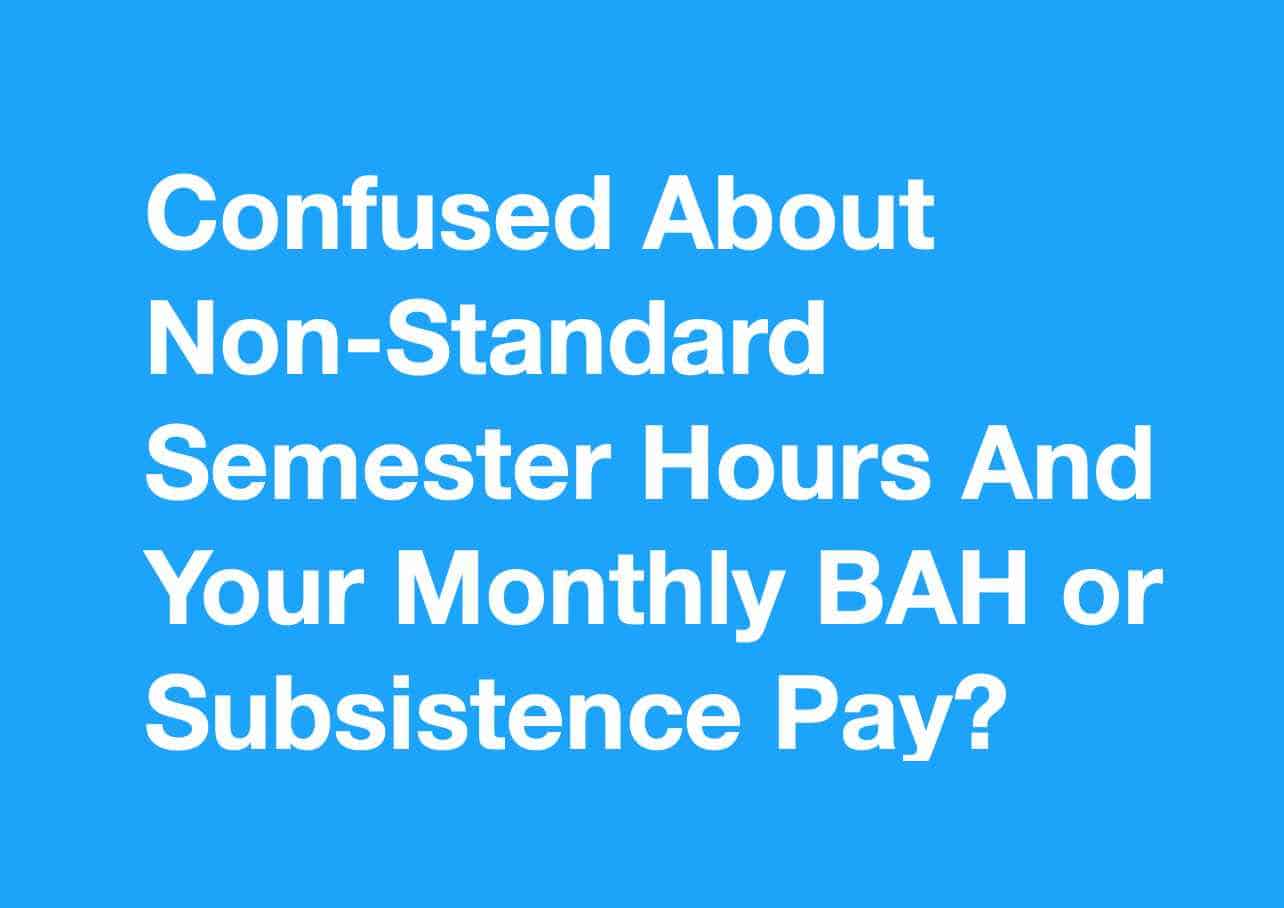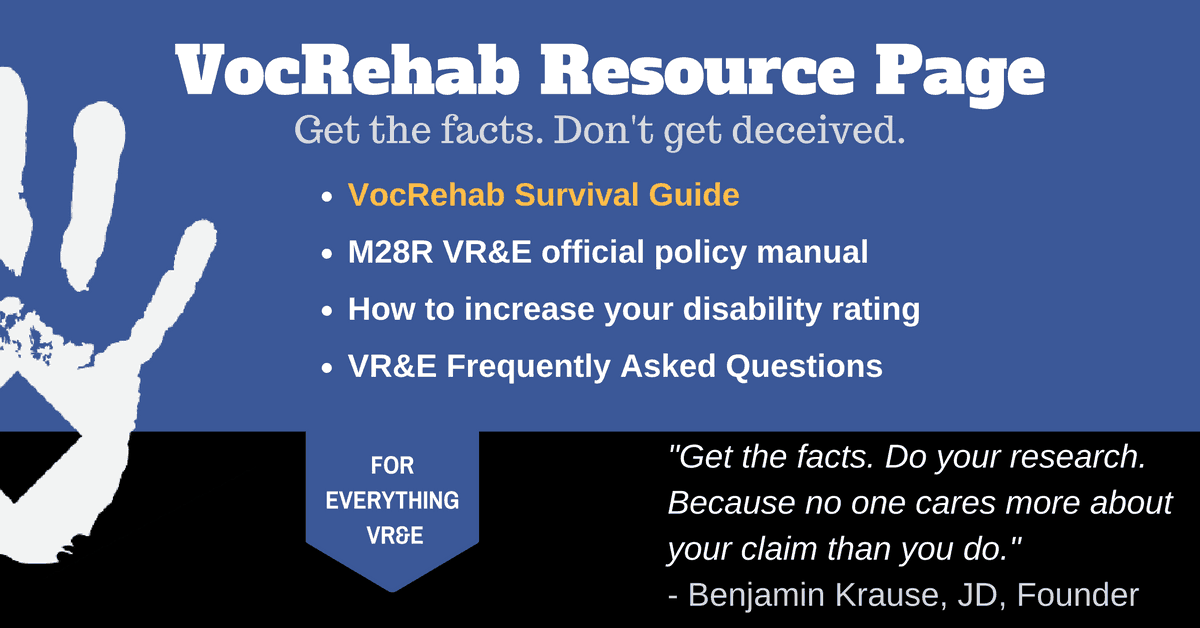Embark on a journey through Chapter 31 Voc Rehab, a comprehensive guide to understanding the intricacies of vocational rehabilitation and its transformative power. Delve into the eligibility criteria, benefits, and services offered, and witness the step-by-step process that empowers individuals to reclaim their independence through meaningful employment.
Explore the funding sources and resources available to participants, ensuring financial stability and access to essential support. Discover the diverse employment and training opportunities that cater to individual needs and aspirations. Transition seamlessly from Voc Rehab to successful employment, unlocking a future of purpose and fulfillment.
Understanding Vocational Rehabilitation (Voc Rehab) in Chapter 31
Vocational Rehabilitation (Voc Rehab) is a program designed to help disabled veterans gain or regain the ability to work. It provides a range of services to help veterans overcome barriers to employment and achieve their career goals.
Eligibility Criteria, Chapter 31 voc rehab
To be eligible for Chapter 31 Voc Rehab, veterans must meet certain criteria, including:
- Have a service-connected disability rated at 20% or more
- Be unable to work due to their disability
- Have the potential to achieve a vocational goal with the help of Voc Rehab services
Benefits and Services
Chapter 31 Voc Rehab provides a variety of benefits and services to help veterans achieve their vocational goals, including:
- Vocational counseling and assessment
- Job training and placement assistance
- On-the-job training and apprenticeships
- Supportive services such as transportation, childcare, and housing
The Voc Rehab Process in Chapter 31: Chapter 31 Voc Rehab

Vocational Rehabilitation (Voc Rehab) in Chapter 31 is a comprehensive process that helps veterans with service-connected disabilities prepare for and obtain gainful employment. The process involves several key steps and is facilitated by a dedicated Voc Rehab Counselor.
Chapter 31 VOC Rehab is an essential chapter in the journey of self-discovery and recovery. Just like the protagonist in Invincible to 100 Hits Chapter 11 , who faces challenges and triumphs in their quest for growth, Chapter 31 VOC Rehab provides a roadmap for overcoming obstacles and achieving personal transformation.
It’s a chapter of resilience, determination, and the power of support.
Steps Involved in the Voc Rehab Process
- Application and Eligibility Determination: Veterans apply for Voc Rehab, and their eligibility is assessed based on their service-connected disability and employment goals.
- Vocational Evaluation: A thorough evaluation is conducted to determine the veteran’s strengths, interests, and employment potential.
- Individualized Plan for Employment (IPE): Together with the Voc Rehab Counselor, the veteran develops an IPE, a tailored plan outlining their employment goals, training needs, and support services.
- Training and Services: The veteran receives necessary training, education, or other services to achieve their employment goals.
- Job Placement Assistance: The Voc Rehab Counselor assists the veteran in finding a suitable job that aligns with their skills and interests.
- Follow-Up and Support: Post-placement, the veteran receives ongoing support and assistance to ensure successful employment.
Role of the Voc Rehab Counselor
The Voc Rehab Counselor plays a crucial role throughout the process. They:
- Guide the veteran through each step of the process.
- Conduct assessments and develop the IPE.
- Provide counseling and support.
- Coordinate training and services.
- Assist with job placement and follow-up.
Importance of Developing an Individualized Plan for Employment (IPE)
The IPE is a vital component of the Voc Rehab process. It ensures that the veteran’s employment goals are tailored to their individual needs and circumstances. The IPE:
- Identifies specific employment goals.
- Artikels necessary training and services.
- Provides a roadmap for achieving employment.
- Serves as a communication tool between the veteran and the Voc Rehab Counselor.
Funding and Resources for Voc Rehab in Chapter 31

Vocational Rehabilitation (Voc Rehab) in Chapter 31 provides financial assistance and resources to individuals with disabilities to help them achieve their employment goals. Understanding the funding sources and available resources is crucial for successful participation in the program.
Chapter 31 voc rehab might be a bit intense, but don’t worry, you can always take a break and play some fortnite chapter 5 pistol . It’s a great way to relax and de-stress. And who knows, you might even get some good loot while you’re at it.
So, next time you’re feeling overwhelmed, just hop into fortnite chapter 5 pistol and have some fun. It’s the perfect way to take your mind off of things and come back to chapter 31 voc rehab refreshed and ready to learn.
Funding Sources
Chapter 31 Voc Rehab is primarily funded by the Department of Veterans Affairs (VA) and provides monthly subsistence allowances, tuition and fees, and other necessary expenses related to education, training, or employment services.
Chapter 31 of Voc Rehab may have left you craving for more, but allow me to transport you to the captivating world of Tokyo Ghoul. Tokyo Ghoul Chapter 1 introduces us to the enigmatic Ken Kaneki, whose life takes a sinister turn after a fateful encounter.
While Chapter 31 of Voc Rehab delves into the challenges of rehabilitation, Tokyo Ghoul Chapter 1 plunges you into a world where humans and ghouls collide, testing the boundaries of morality and survival.
Types of Resources
Voc Rehab participants have access to a wide range of resources, including:
- Case Management: Dedicated support and guidance from a case manager who assists with goal setting, resource coordination, and progress monitoring.
- Counseling and Support Services: Emotional and psychological support, job search assistance, and career counseling to enhance participants’ job readiness.
- Education and Training: Financial assistance for tuition, fees, books, and other expenses related to education or training programs.
- On-the-Job Training: Opportunities to gain practical experience and develop skills through paid or unpaid work experiences.
- Assistive Technology: Provision of assistive devices, software, or equipment to accommodate disabilities and enhance job performance.
- Transportation: Financial assistance or arrangements for transportation to and from education, training, or work sites.
Importance of Budgeting and Financial Planning
Effective financial planning is essential for Voc Rehab participants. The monthly subsistence allowance and other benefits should be carefully budgeted to cover living expenses, education costs, and other necessary expenses. Financial counseling and assistance are available to help participants develop and manage a budget that supports their rehabilitation goals.
Employment and Training in Chapter 31 Voc Rehab
Vocational rehabilitation (Voc Rehab) through Chapter 31 offers various employment and training opportunities tailored to veterans’ unique needs. These programs aim to enhance veterans’ skills, knowledge, and employability, ultimately leading to successful and fulfilling careers.
Types of Employment and Training Opportunities
Chapter 31 Voc Rehab provides a range of employment and training opportunities, including:
- On-the-Job Training (OJT): Veterans receive hands-on training while working in a real-world job setting, earning wages while developing valuable skills.
- Apprenticeships: Veterans participate in structured programs combining classroom instruction with paid on-the-job training, leading to industry-recognized credentials.
- Vocational Training: Veterans attend classes or workshops to acquire specific skills or knowledge necessary for their desired careers.
- Entrepreneurship Training: Veterans receive guidance and support in starting their own businesses.
- Job Placement Assistance: Voc Rehab counselors assist veterans in finding suitable job openings and preparing for interviews.
Role of Job Placement and Job Coaching
Job placement and job coaching play crucial roles in Voc Rehab. Job placement counselors connect veterans with potential employers and provide guidance throughout the job search process. Job coaches offer ongoing support and mentorship to veterans as they transition into new roles, ensuring a smooth and successful adjustment.
Transitioning from Voc Rehab to Successful Employment
Voc Rehab is designed to prepare veterans for long-term success in the workforce. To facilitate a seamless transition, veterans should actively participate in their rehabilitation plan, set realistic goals, and develop a strong support network. Additionally, utilizing resources such as job placement assistance, job coaching, and employer outreach programs can enhance their chances of securing and maintaining meaningful employment.
Closing Summary
Chapter 31 Voc Rehab stands as a beacon of hope, providing individuals with the tools and support they need to overcome barriers and achieve their career goals. Through its comprehensive approach, this program empowers participants to navigate the complexities of vocational rehabilitation, ultimately leading them towards a path of self-sufficiency and empowerment.